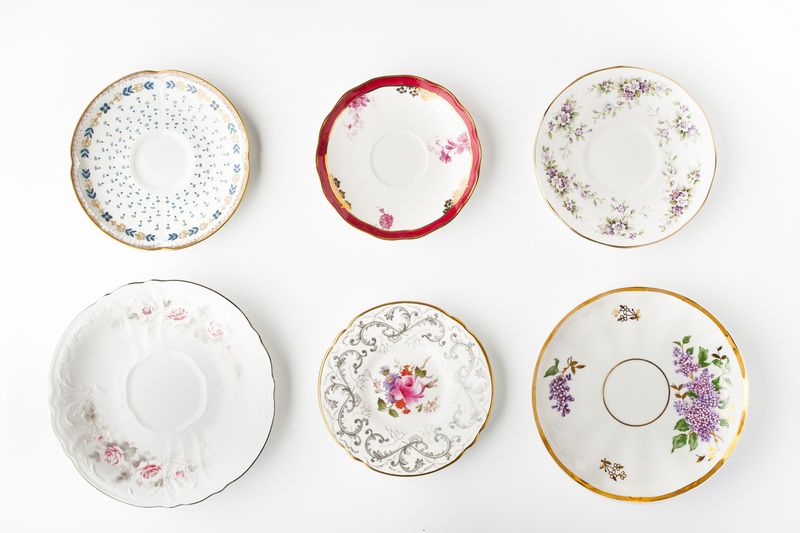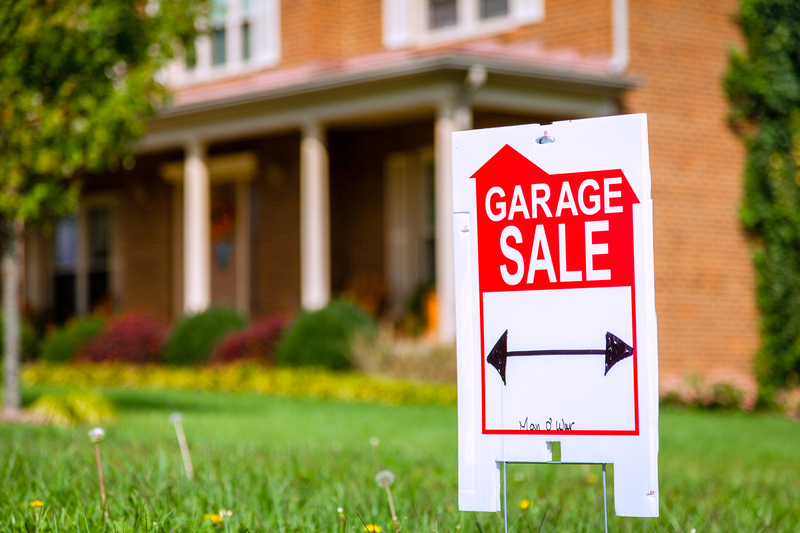Mastering the Art of Waste Prevention at Home: A Comprehensive Guide
Waste prevention at home is more than just a trend--it's a lifestyle that saves money, conserves resources, and protects the environment. With the rise of sustainable living, learning how to effectively reduce, reuse, and recycle is essential for anyone who wants to minimize their household's environmental footprint. In this detailed article, we walk you through actionable tips, strategies, and insights on mastering the art of waste prevention at home. Whether you're a seasoned environmentalist or just starting to rethink your waste habits, this guide is your one-stop resource for all things related to waste reduction.
Understanding Waste Prevention and Its Importance
Before diving into the practical aspects, let's clarify what waste prevention at home really means. Unlike waste management or recycling, waste prevention targets the root cause: stopping waste from being created in the first place. This concept, often called source reduction, brings immeasurable value not just for the planet, but for your wallet and wellbeing.
- Environmental Impact: Less waste means reduced landfill use and less pollution.
- Economic Benefits: You spend less on products, utilities, and garbage collection.
- Personal Satisfaction: Reducing waste provides a sense of accomplishment and stewardship.
Households generate tons of waste annually, much of which could have been prevented. By focusing on waste minimization, you help conserve resources, combat climate change, and inspire your community to do the same.

Essential Strategies for Preventing Waste at Home
Mastering waste prevention requires a mindset shift from consumption to consciously curating your household habits. Here are some of the most effective strategies to get you started:
1. Audit and Analyze Your Household Waste
Start by analyzing what you throw away. This will help identify recurring waste sources. Keep a diary or use an app to record what's being discarded, and look for patterns. Ask yourself:
- Which items are being thrown away most frequently?
- Are there alternatives that last longer or create less waste?
Understanding your waste habits is the first step to preventing household waste.
2. Adopt the "Reduce, Reuse, Recycle" Mindset
While you may be familiar with this concept, real mastery of waste reduction at home involves prioritizing them in order:
- Reduce: Purchase only what you truly need. Opt for quality over quantity.
- Reuse: Find creative ways to use items multiple times. Repurpose glass jars, shopping bags, and clothing.
- Recycle: Sort and recycle when items truly reach their end of life.
This approach is foundational to mastering the art of waste prevention at home.
3. Shop Smart and Mindfully
Your shopping habits dramatically influence how much waste is produced. Here's how you can prevent unnecessary waste:
- Buy in Bulk: Reduces packaging waste for frequently used items.
- Choose Minimal Packaging: Select products with recyclable or compostable packaging.
- Opt for Refillable Products: Refill soap dispensers, water bottles, and cleaning products.
- Make Shopping Lists: Prevent impulse buys and avoid buying duplicates.
4. Practice Food Waste Prevention
Food waste is one of the biggest contributors to household trash. Efficient food management can make a significant impact:
- Plan Meals in Advance: Reduces overbuying and spoilage.
- Use Leftovers Creatively: Turn extras into soups, salads, or casseroles.
- Compost Organic Waste: Compost fruit, vegetable scraps, and coffee grounds instead of trashing them.
- Store Food Properly: Use airtight containers and learn optimal storage techniques for longevity.
5. Invest in Reusable Items
Switching to reusable household products greatly cuts down on single-use waste. Some smart swaps include:
- Reusable shopping bags and produce bags
- Cloth napkins and cleaning rags instead of disposable paper towels
- Stainless steel or glass water bottles
- Beeswax wraps or silicone lids in place of cling film
Every reusable item you choose means less waste generated in your home.
6. Mind Your Digital Waste
Waste prevention isn't limited to physical items. Digital clutter--outdated files, emails, and devices--can also drain resources. Regularly deleting unneeded emails and responsibly recycling electronics is part of comprehensive waste prevention at home.
Room-by-Room Guide to Waste Prevention at Home
Let's take a walkthrough of your household and examine how you can apply waste prevention techniques in each space.
Kitchen
- Buy Loose Produce: Say no to pre-packaged fruits and veggies.
- Store Food Wisely: Use clear containers to keep food visible and reduce spoilage.
- Compost: Set up a small kitchen compost bin for scraps.
- Repair Appliances: Fix rather than replace faulty items when possible.
Bathroom
- Choose Bar Soap: Cuts down on plastic waste from bottles.
- Switch to Reusable Wipes: Use washable cotton rounds for makeup removal.
- Opt for Reusable Razors: Invest in high-quality, durable razors.
Living Room
- Declutter Mindfully: Donate or repurpose unwanted decor and furniture.
- Switch to Rechargeables: Use rechargeable batteries for remotes and devices.
Laundry Room
- Use Eco-Friendly Detergent: Choose products with minimal packaging.
- Wash Full Loads: Saves water, energy, and reduces frequency of detergent use.
Reducing Waste Through Organization and Decluttering
One of the best ways to master waste reduction at home is through regular organization and decluttering. This decreases the likelihood of buying duplicates and makes it easier to find and use what you own.
- Sort Regularly: Schedule seasonal clean-outs to keep track of possessions.
- Donate: Give gently-used items to charities instead of throwing them away.
- Repurpose: Turn old containers into storage solutions or craft projects.
Building Good Waste Prevention Habits
Consistency is key for effective waste prevention at home. Follow these steps to ensure lasting change:
- Start Small: Choose one area or habit to focus on first--success breeds more success!
- Involve the Whole Family: Teach children the value of waste reduction and make it a team effort.
- Track Your Progress: Celebrate milestones and adapt practices as needed.
- Learn and Share: Stay updated on best practices and encourage neighbors, friends, and community members to join in.
Eco-Friendly Tools and Resources for Waste Prevention
There are plenty of tools and resources available to help you achieve waste prevention mastery at home:
- Composting bins for organic kitchen and garden waste
- Silicone storage bags as a reusable alternative to plastic zip bags
- Online platforms for sharing, swapping, or selling unwanted goods (such as Freecycle, Craigslist, or Facebook Marketplace)
- Apps that help reduce food waste, like Too Good To Go or Olio

Frequently Asked Questions About Home Waste Prevention
What is the difference between waste prevention and recycling?
Waste prevention (also called source reduction) aims to stop waste from being created in the first place, like refusing single-use plastics. Recycling involves processing items after they have been discarded. While both are essential, waste prevention has a more significant impact on the environment.
Is waste prevention expensive?
Not at all. Mastering home waste prevention typically saves money by cutting unnecessary purchases, encouraging reuse, and reducing waste disposal fees.
Do I need special equipment to prevent waste?
While some tools--like compost bins or reusable storage containers--can make waste reduction easier, the most important elements are mindfulness and commitment.
How can I encourage my family to participate?
Make waste prevention fun for kids by turning it into a challenge, creating crafts from recyclables, or offering incentives for good habits. Share information on environmental benefits with adults to build motivation.
Conclusion: Empower Yourself to Master Household Waste Prevention
Mastering the art of waste prevention at home is a journey that offers lifelong rewards. With a commitment to change, mindful shopping, creative reuse, and community sharing, you can dramatically reduce your household waste footprint. By making simple, intentional shifts, you enrich your life and make a positive impact on your wallet and the planet.
Waste prevention at home is a movement anyone can join--start small, stay consistent, and inspire others by example. Your efforts, multiplied by millions, can shape a cleaner, more sustainable future for all.
Ready to get started? Begin your waste-prevention journey today, and soon you'll be a master in the art of preventing household waste!